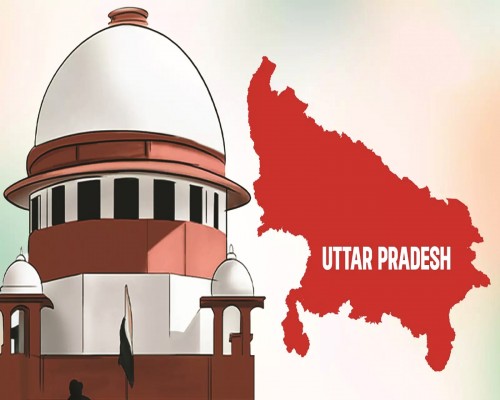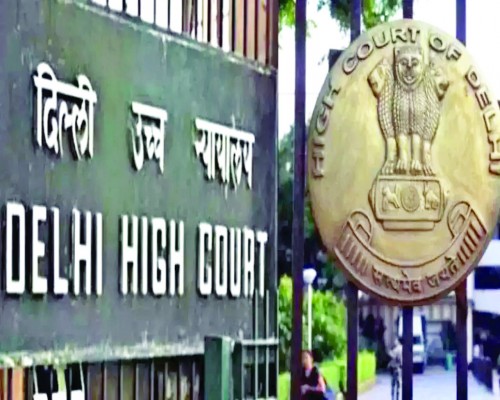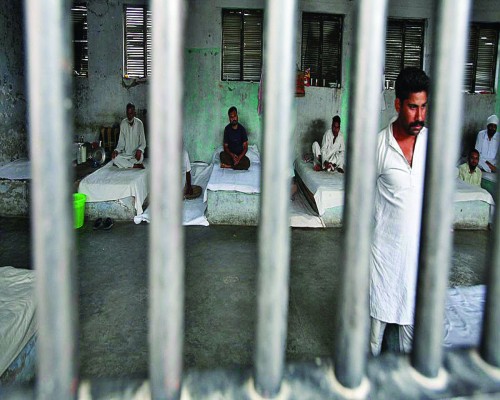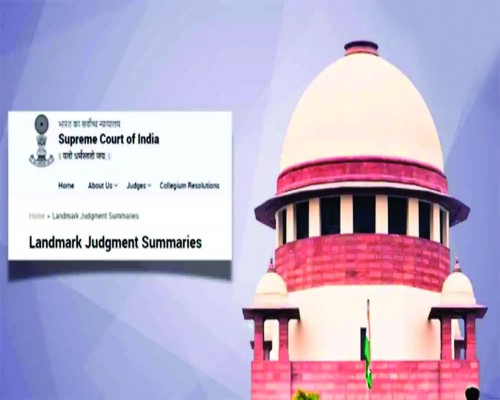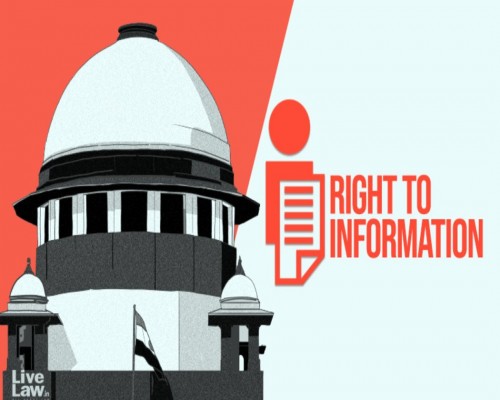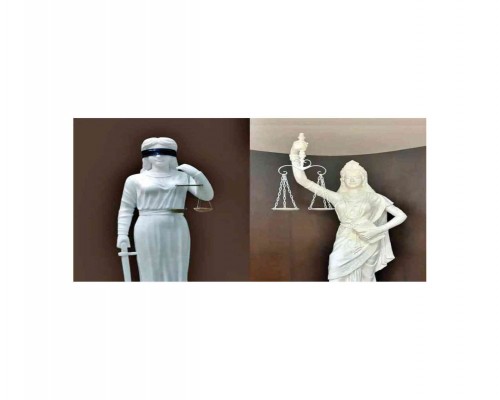Dismissal Order Nullified, Employee to Be Considered in Service: Supreme Court
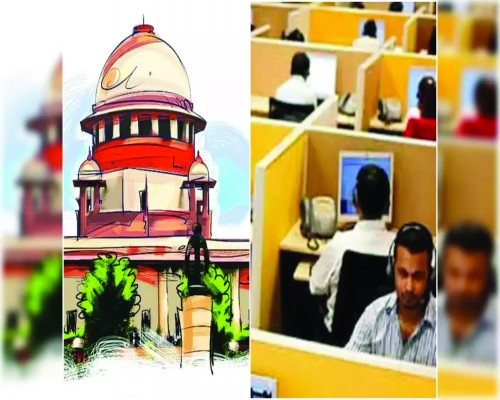
The Supreme Court ruled that if a dismissal order is overturned, the affected employee must be reinstated and treated as having been in continuous service. The apex court directed that the employee in such cases should be paid full salary for the period in question.
The decision came while hearing a plea where the Supreme Court set aside the dismissal of an employee and mandated that the full salary for the intervening period be paid. The court emphasized that reinstatement should be treated as if the dismissal had never occurred, ensuring that the employee's service continuity is maintained.
Key Cases:
- Case 1: A teacher was dismissed without proper inquiry. Upon review, the Supreme Court ordered reinstatement with full back wages, highlighting the lack of due process in the dismissal.
- Case 2: Another case involved a state employee who was wrongfully terminated. The court ruled in favour of the employee, ordering reinstatement and back pay, citing improper procedures followed during the dismissal.
- Case 3: The court also addressed a matter involving regulations for certification by the Audit Court. It observed that the established procedures were not followed, leading to a call for strict adherence to guidelines to prevent future discrepancies.
- Case 4: In a separate case, the court discussed the complexities of legal governance when successive governments repeal laws made by their predecessors, stressing the need for stability in legislative actions.
Additional Directives:
The Supreme Court also issued directions to ensure that comments on pending matters by elected representatives should not influence ongoing cases. The court imposed a stay on proceedings against remarks made by public officials on sub judice matters, emphasizing judicial independence.
In related matters, the court advised the appointment of Justice Gaur and four others to the Madras High Court, underscoring the importance of timely judicial appointments to maintain the efficacy of the legal system.





